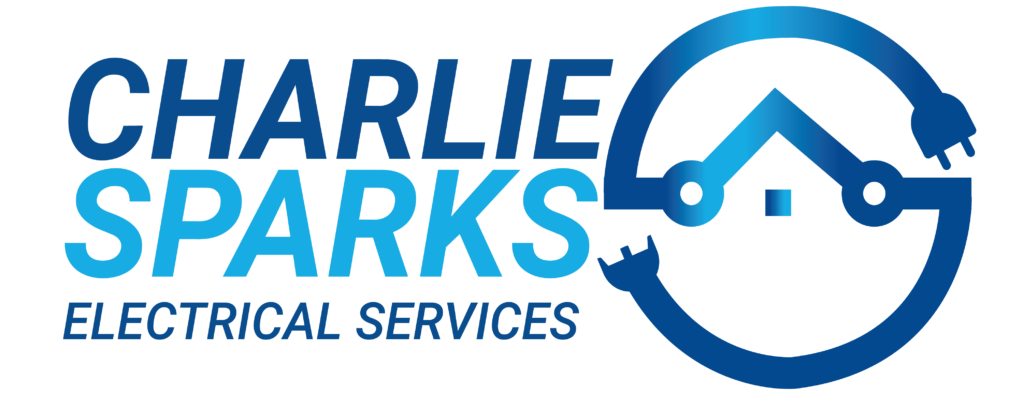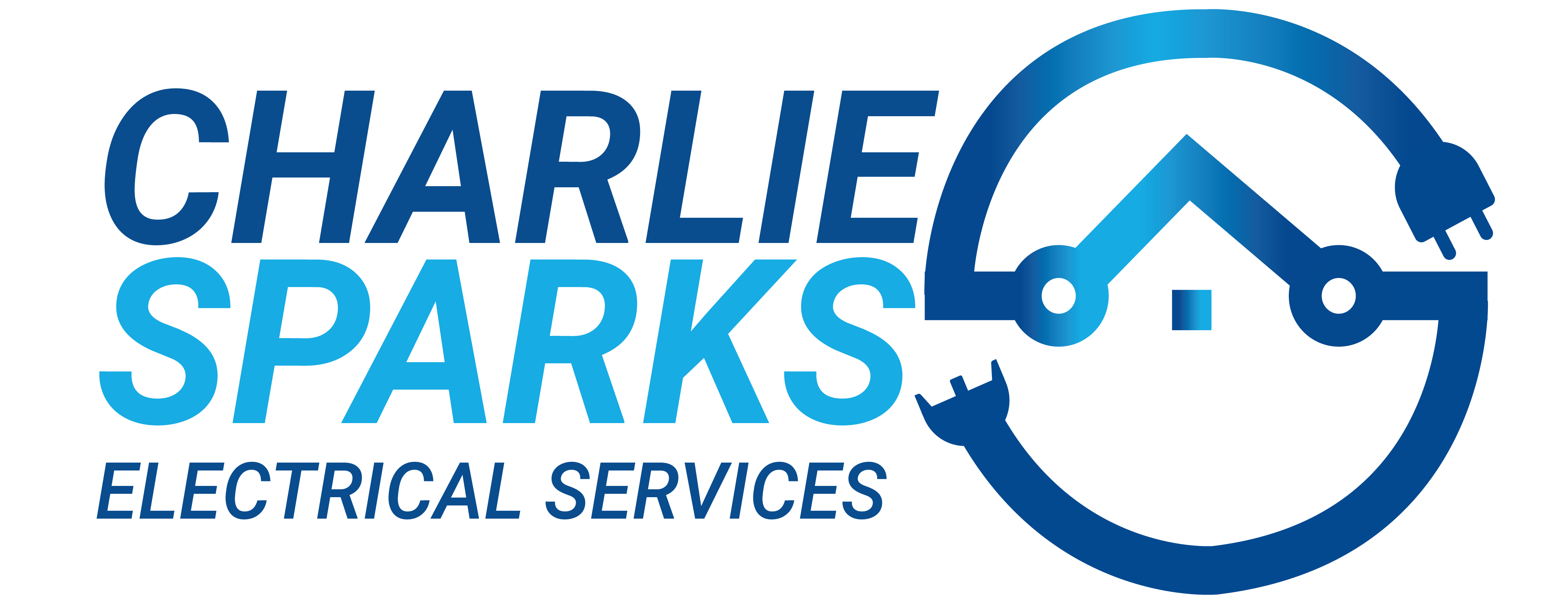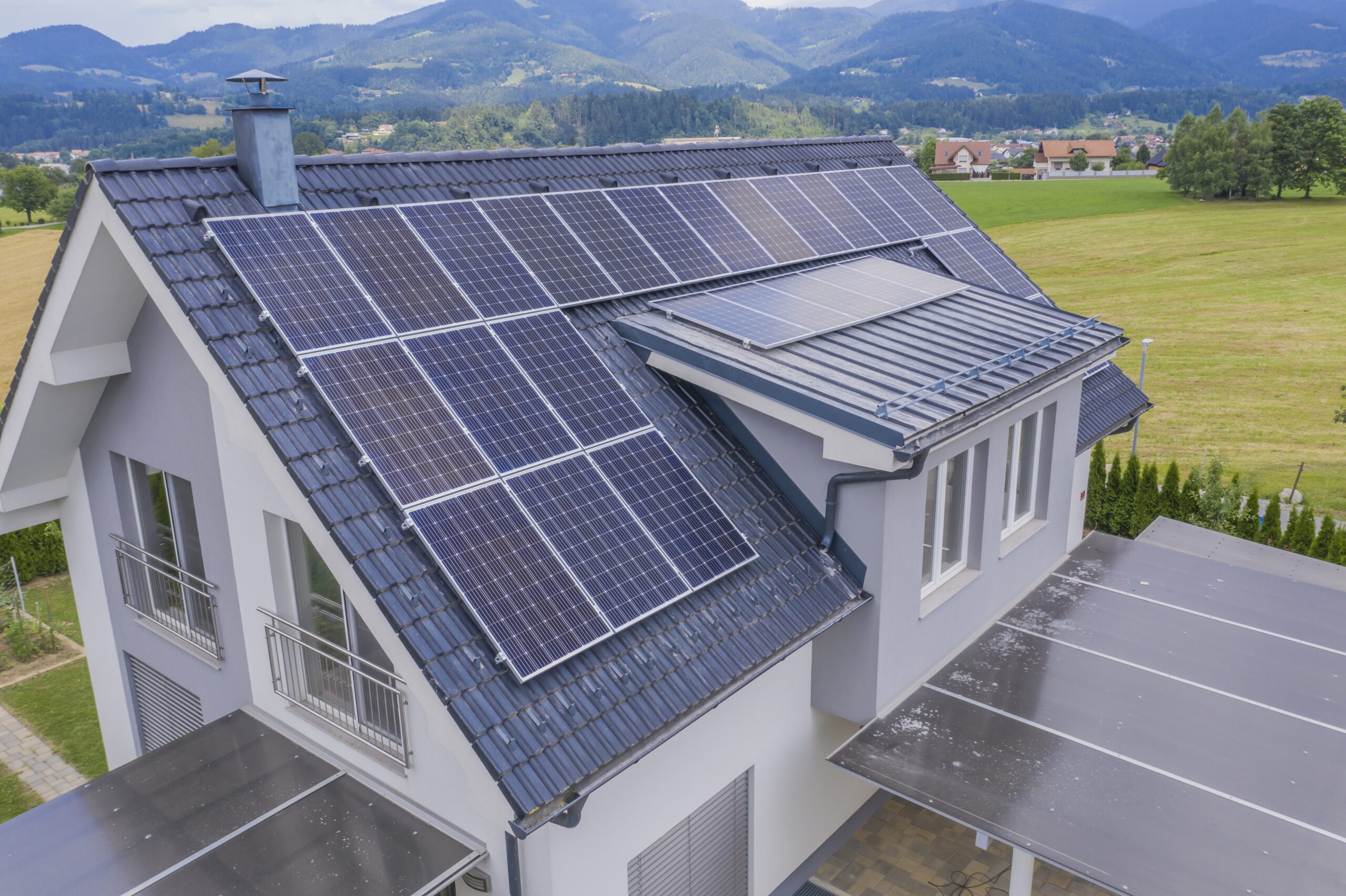How Does a Home Solar Electric System Work?
Do I require an inverter and battery along with solar panels? Should these batteries be installed outside the house? Is it easy to clean solar panels? What is the difference between off-the-grid and grid-connected systems?
Solar panel installation specialists at Charlie Sparks often come across these and other queries. No worries. The blog will resolve your concerns and help you understand the functioning of various components.
But first, here’s a glimpse into how the rooftop solar power system works.
It is simple indeed. Rooftop panels convert sunlight into DC electricity. Then, the inverter turns this power into a usable alternating current (AC). Further, this electricity is supplied to your appliances or sent to the grid. If you have a solar battery, the inverter keeps it charged for later use.
Essential Components & Their Functions
Solar Panels
Solar photovoltaic (PV) panels or frames/boards consist of cells made from silicon wafers. Put simply, these cells absorb sunlight and produce DC electricity.
Generally, the frame size is 1.7m x 1.0m (250W). However, there are several size options. In addition, the efficiency, temperature, and output range vary from one product to the other.
If you plan to include a solar battery in the system, it is advisable to choose super-efficient panels. They occupy less roof space but cost slightly more.
The overall set of panels must generate sufficient power to fulfill daily consumption needs. So, it is best to let a licensed electrician help choose the number and size of boards based on your home’s electricity needs.
Maintaining these frames is easy. A good solar panel cleaning brush, water, and a non-abrasive sponge can do the trick.
What’s the Grid
The power distribution and transmission lines network, including street poles, is called the grid. Solar panels are connected to the grid via (grid-feed) inverter and meter. Only surplus electricity gets exported to the grid.
Inverter
Solar panels are connected to a single (central) inverter. The device turns DC power received from rooftop boards to usable AC electricity.
Your electrician will help you choose an inverter depending on the panels and the house’s electricity requirements.
There are certain technical specifications to follow. First, the overall output from solar panels should be sufficient to meet the central inverter’s start voltage requirements.
A grid-tied inverter helps in exporting excess electricity generated by panels to the grid. However, if you plan to use a battery, you need to opt for a hybrid inverter. These units have built-in monitoring tools. For example, you can check the electricity generated by the panels, the percentage consumed in the house, stored in the battery, and exported to the grid.
Solar Batteries
Exporting the excess electricity to the grid during non-peak hours does not help homeowners. Plus, sector regulators intend to reduce incentives each year. Therefore, homeowners prefer installing a battery to store additional electricity from rooftop panels.
Yes, the battery reduces dependence on the grid and helps in saving money. Moreover, the battery also provides a crucial backup in case of power outages.
The cost for the battery and installation charges depends on the type, brand, and location that you choose for the unit.
Which is the Ideal Location for Solar Batteries?
The AS/NZS 5139:2019 standard allows both indoor and outdoor installation. However, it is best to keep them away from direct sunlight.
Is It Mandatory to Install Solar Dc Isolators?
Last year, the AS/NZS 5033 standard was updated to remove the mandate. So, DC isolators are no more required in household solar systems.
Can My House Fulfill All Energy Requirements Without Relying on the Grid?
Well, the answer relies on daily electricity usage. Further, keeping your home off the grid is impossible if you use power-hungry appliances.
You can always let a licensed electrician from Charlie Sparks visit your house and discuss your electricity consumption pattern. Then, recommend the best suitable panels, an inverter, and a battery to store excess power.




